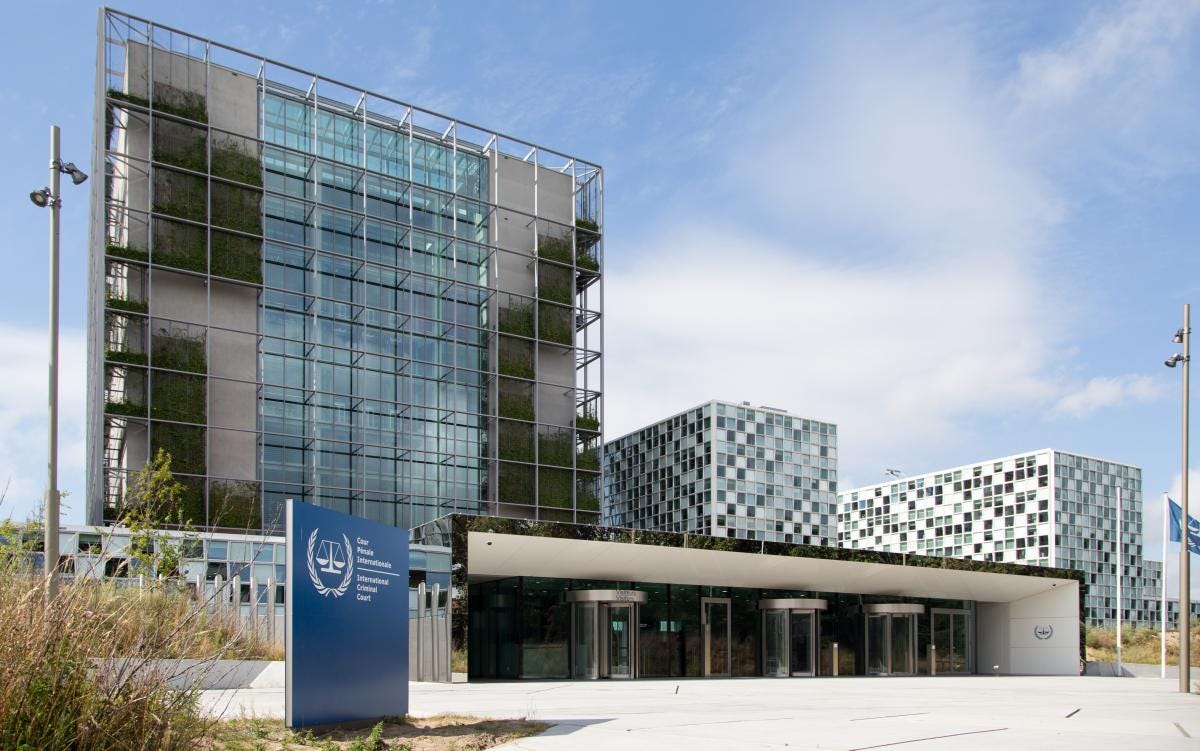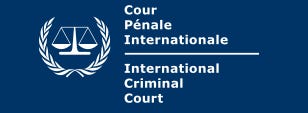International Court Issues Arrest Warrant for Putin
The Russian leader is not expected to end up in handcuffs any time soon
The International Criminal Court issued an arrest warrant Friday for Russian President Vladimir Putin, accusing him of war crimes for his alleged involvement in the abduction of children from Ukraine.
Putin and a Russian official, Maria Alekeseyevna Lvova-Belova, commissioner for children's rights, are accused of deporting people, particularly children, from occupied areas of Ukraine to Russia beginning Feb. 24, 2022, the start of the Russian invasion of Ukraine.
A prosecutor presented the allegations, which were reviewed by independent judges who decided "there is a sufficient reason to believe that these crimes have been committed by these persons and as a result of this consideration, the arrest warrant was issued by the court today," ICC President Piotr Hofmanski told VOA.
U.S. officials initially appeared hesitant to publicly cheer the ICC action, given past American antipathy for the court. The United States was one of only seven countries (along with China, Iraq, Israel, Libya, Qatar and Yemen) to vote against the court's establishment in 1998 at the United Nations.
Considering the sometimes "very tense" history between Washington and The Hague, "it would not be surprising that it would take them a moment to think through their position," Leila Sadat, a Yale Law School fellow and international criminal law professor at the University of Washington in St. Louis, told me.
The U.S. ambassador at the U.N., Linda Thomas-Greenfield, walked away from reporters on Friday when asked to comment about the court's arrest warrant for Putin.
"I think this is just breaking news," responded National Security Council spokesman John Kirby when asked about it by VOA. "We're going to have to take a look at this before we can make any kind of official comment."
President Joe Biden, departing the White House on Friday evening, was asked about the court’s action.
“I think it's justified, he replied, noting the ICC is not recognized by the United States. “But I think it makes a very strong point."
Biden added that Putin has “clearly committed war crimes.”
Numerous U.S. administrations have expressed concern that American soldiers could face trial by the international court at The Hague in the Netherlands. That fear escalated in 2012 when proceedings were opened into war crimes in Afghanistan possibly committed by the Taliban, Afghan government forces and the U.S. military.
The administration of then-President Donald Trump, in 2020, imposed sanctions on the ICC's chief prosecutor, Fatou Bensouda and other senior officials of the court, a year after the United States imposed a travel ban on ICC personnel. The sanctions were lifted by the Biden administration.
Ukraine, like the United States, is not a member of the ICC, but it has granted the court jurisdiction over its territory.
"A historic decision from which historic responsibility will begin," said Ukrainian President Volodymyr Zelenskyy on social media. "The head of the terrorist state and another Russian official have officially become suspects in a war crime. The deportation of Ukrainian children is the illegal transfer of thousands of our children to Russian territory."
"This is a big day for the many victims of crimes committed by Russian forces in Ukraine since 2014," said Balkees Jarrah, associate international justice director at Human Rights Watch.
"With these arrest warrants, the ICC has made Putin a wanted man and has taken its first step to end the impunity that has emboldened perpetrators in Russia's war against Ukraine for far too long. The warrants send a clear message that giving orders to commit or tolerating serious crimes against civilians may lead to a prison cell in The Hague," he said.
"This is an important decision of international justice and for the people of Ukraine," said European Union foreign policy chief Josep Borrell.
"No one responsible for crimes committed by Russia in Ukraine, regardless of their status, should escape justice," said the foreign affairs ministry of France.
Russia, also not a member state of the ICC, has repeatedly said it does not recognize the court's jurisdiction. The official reaction in Moscow on Friday was expectedly one of rejection.
Kremlin spokesman Dmitry Peskov said the very questions raised by the ICC were "outrageous and unacceptable."
"Decisions of the International Criminal Court are of no consequence in our country, including from the legal perspective," said foreign ministry spokesperson Maria Zakharova on the Telegram messaging app. "Russia isn't a party to the Rome Statute of the International Criminal Court and is under no obligation arising from it. Russia doesn't cooperate with the organization, and any potential arrest ‘recipes' originating from the international court will be null and void for us."
The ICC does not have its own police force or other ways to enforce arrests. But the warrant compels ICC member states to arrest Putin or Lvova-Belova if they were to travel to their country.
"There are political consequences" if those countries do not enforce the arrest warrants, ICC President Hofmanski told VOA. "But obviously, nobody can force the states to comply with a legal obligation of the treaty."
Asked if Putin now feared traveling to countries that recognized the ICC, Kremlin spokesman Peskov replied: "I have nothing to add on this subject."
Law professor Sadat, who is a special adviser to the ICC on crimes against humanity, said from The Hague that the warrant for Putin "could definitely dampen his travel plans if he wished to travel abroad."
Sadat added that while the repercussions on the political stage may be more significant when a head of state is involved, "in terms of the principles of justice, all defendants are equal before the court."





